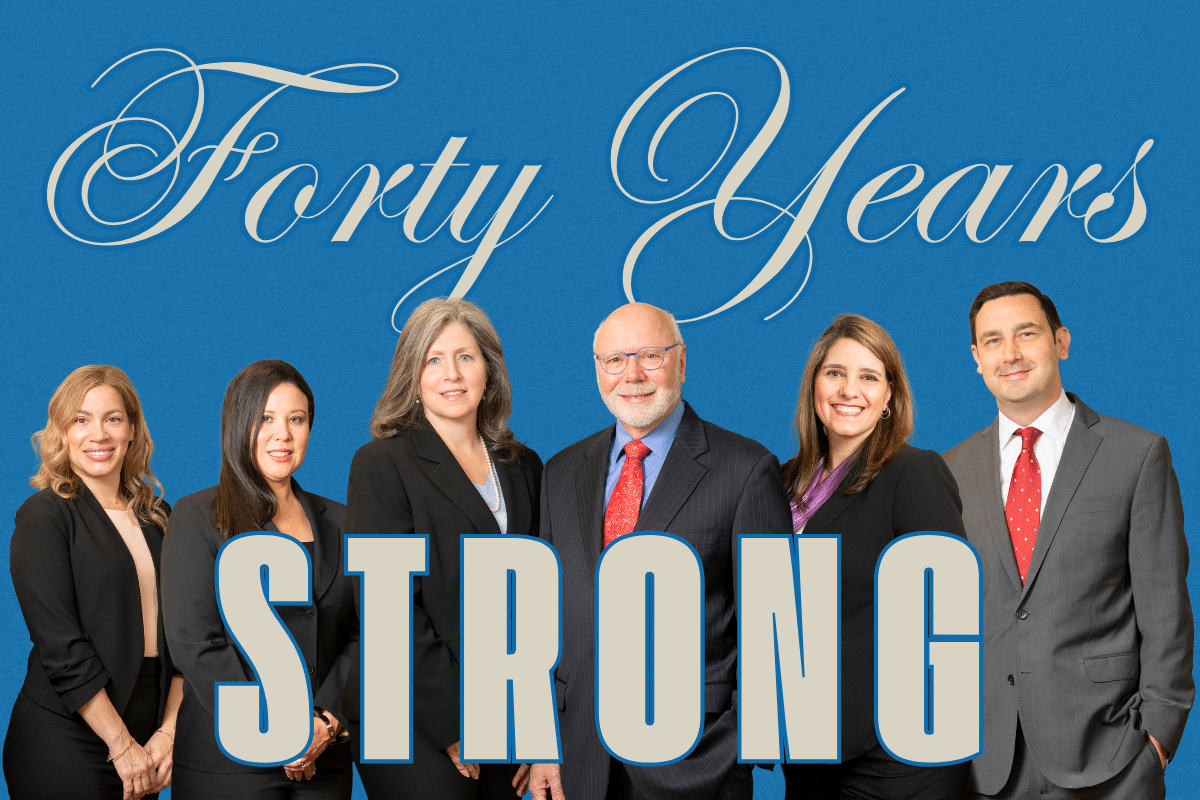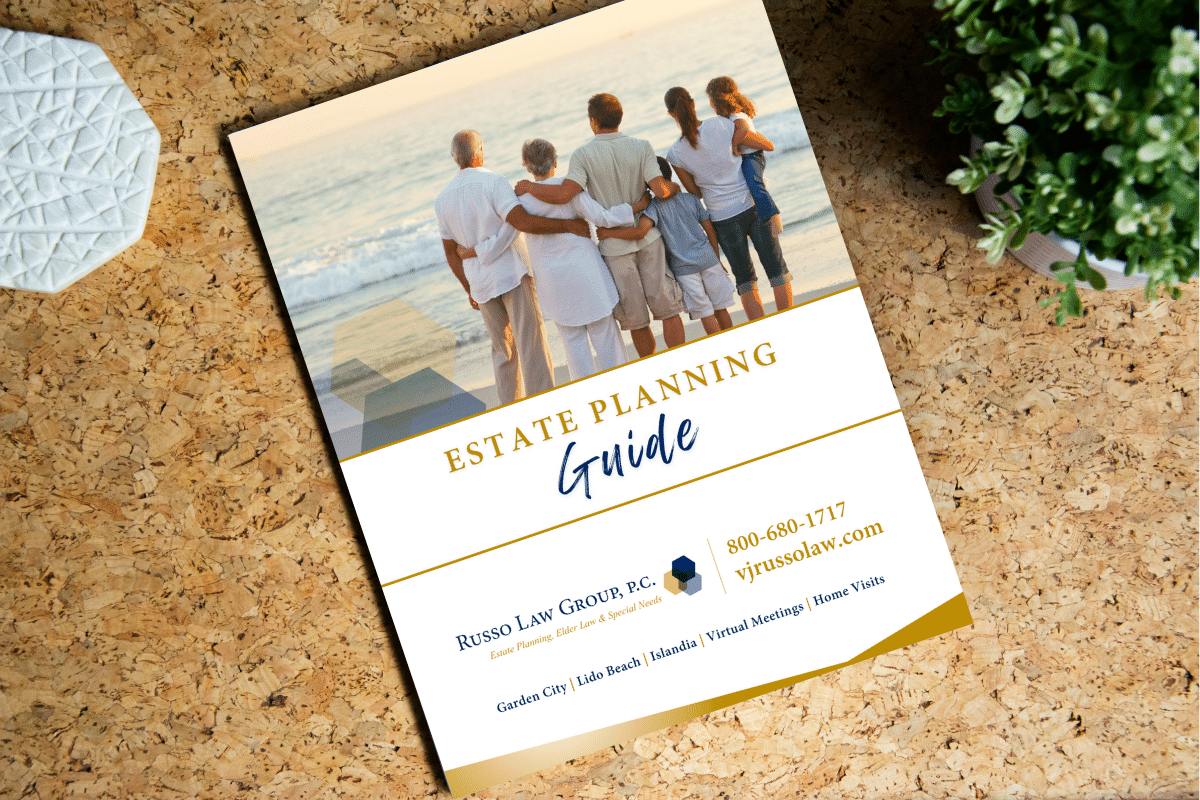Many of us put off planning for the future, thinking we have plenty of time…
There are three types of guardianship proceedings in New York State:
- Article 17 – Guardianship of minors.
- Article 17A – Guardianship of adult individuals with intellectual or developmental disabilities.
- Article 81 – A mental hygiene proceeding for adults who had capacity at one point but have lost a certain level of capacity.
Before going through the legal process of becoming a guardian for another person, it is important to consider if it is a role you are legally and practically able to take on. The following are some of the legal and practical requirements that you should consider.
Are you eligible to serve as guardian?
Do you meet the statutory requirements to become a guardian? Is this a job that you’re willing and able to complete on an indefinite basis? If you are a convicted felon or have a history of substance abuse, then you will not be eligible. If you’ve had serious cases of fraud against you, then you’re likely not going to be eligible.
Can you get bonded?
A bond is like an insurance policy. It ensures that if you steal or mismanage your ward’s assets, the incapacitated person will be indemnified by the bonding company. Make sure that you can receive a bond. If you cannot be bonded, it’s very likely the court will not allow you to be the guardian.
The usual reasons why you can’t be bonded include declaring bankruptcy in the past or not having the requisite assets or income that a surety would require.
Are you able to take on the responsibility?
Before anyone takes on the role of a guardian, it is important to understand what the job entails and how the additional responsibilities will fit in with your life.
If you are appointed guardian, you have to visit your ward regularly as determined by the court or statute. If you live a large geographical distance from your ward, like across the country or in another part of the world, you must be willing and able to be physically in the presence of the ward regularly and available in case of an emergency.
You will also need to provide accounting every year. As guardian, you need to provide an updated status of your ward. Let the court know where the person is living and how they are doing. It’s essentially a well-being report about the individual you’re in charge of. If you’re also guardian of your ward’s property, you will need to account for all of the assets of the individual, any income and expenditures.
If the expenditures are large enough, you will likely have to petition the court to make those expenditures from the incapacitated person’s assets. You can’t just spend the money as you see fit. Likewise, if you want to hire a professional, you have to get the court’s approval. If you want to sell real property owned by the incapacitated person, you’re going to have to get the authorization of the court, which means multiple court appearances and hearings.
Being a guardian can be a tedious and stressful job. If you’re not physically able to do it, if you’re on the other side of the world, or if you don’t have the skill set that would make sense for this job, then it may be in your best interest—and that of the incapacitated person—to investigate other options.
Being appointed as a guardian, however, is often not a matter of wanting to, but of needing to. Please do not hesitate to contact us with questions.




Comments (0)